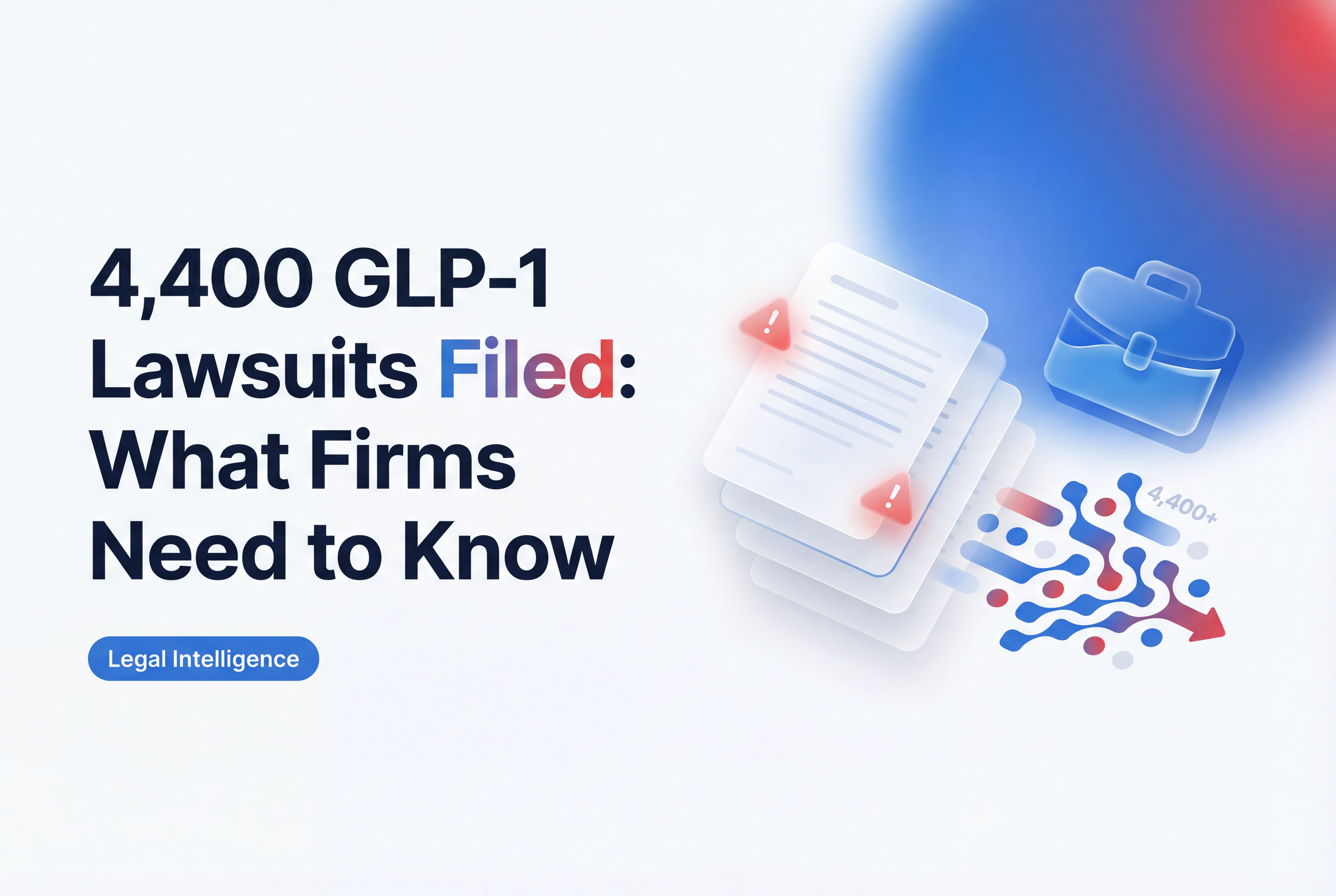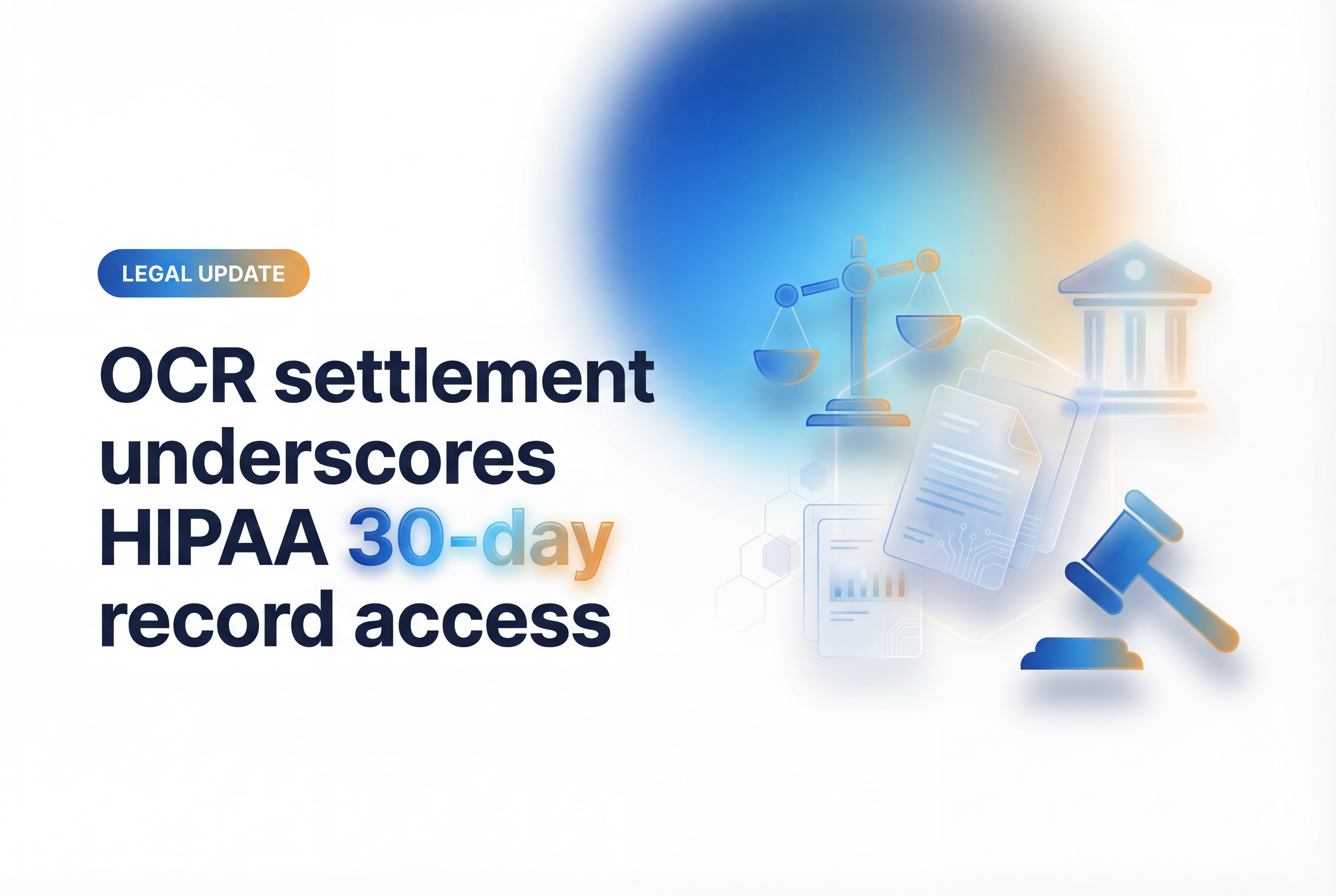Best Practices for Medical Records Management in Legal Cases

Shere Saidon
CEO & Founder at LlamaLab
Medical records are often the cornerstone of personal injury, medical malpractice, and disability cases. Yet many law firms struggle with the complexities of obtaining, organizing, and analyzing these critical documents. This comprehensive guide explores best practices for medical records management that can strengthen your cases and streamline your practice workflow.
The Critical Role of Medical Records in Legal Cases
Medical records serve multiple essential functions in legal proceedings:
- Establishing causation between incidents and injuries
- Documenting the extent and progression of medical conditions
- Validating treatment protocols and medical expenses
- Supporting expert testimony with objective clinical data
- Demonstrating the impact of injuries on quality of life
The thoroughness and organization of these records can significantly influence case outcomes and settlement values.
Common Challenges in Medical Records Management
Law firms frequently encounter several obstacles when handling medical documentation:
1. Retrieval Delays
Traditional record retrieval methods often result in weeks or months of waiting, delaying case progression and client service.
2. Incomplete Records
Healthcare providers may send partial records, missing critical documentation that could support your client's case.
3. Disorganized Documentation
Records from multiple providers often arrive in different formats, making comprehensive review difficult and time-consuming.
4. Technical Medical Terminology
Legal professionals may struggle to interpret complex medical terminology and identify relevant clinical information.
5. HIPAA Compliance Concerns
Maintaining proper privacy protocols while sharing medical information presents ongoing compliance challenges.
Best Practices for Effective Medical Records Management
Implement a Standardized Request Process
Develop templates and checklists for record requests to ensure consistency and completeness. Include:
- Specific date ranges relevant to the case
- All potential treating facilities and providers
- Explicit requests for specific document types (imaging reports, lab results, etc.)
- Clear authorization documentation
Establish a Digital Organization System
Create a consistent digital filing system that allows for easy retrieval and review:
- Organize records chronologically and by provider
- Use consistent naming conventions for all files
- Implement OCR technology for searchability
- Create summary sheets for quick reference
Develop a Systematic Review Protocol
Establish a methodical approach to reviewing medical records:
- Create a timeline of medical events and treatments
- Identify key healthcare providers and their roles
- Note significant diagnoses, procedures, and medications
- Flag inconsistencies or gaps in documentation
- Highlight information that supports or challenges case theories
Leverage Technology Solutions
Modern technology can dramatically improve medical records management:
- AI-powered analysis tools can identify key medical information
- Automated retrieval services can reduce wait times from months to days
- Cloud-based storage systems enable secure access from anywhere
- Collaborative platforms allow multiple team members to review simultaneously
How LlamaLab Transforms Medical Records Management
LlamaLab's AI-powered platform addresses the core challenges of medical records management:
- Same-day record retrieval eliminates lengthy waiting periods
- Comprehensive record collection ensures no critical documentation is missed
- Intelligent organization creates a structured, searchable database of medical information
- Automated analysis identifies key medical insights without requiring medical expertise
- HIPAA-compliant sharing maintains security while enabling collaboration
By streamlining the entire medical records process, LlamaLab helps law firms build stronger cases while reducing administrative burden.
Measuring the Impact of Improved Records Management
Effective medical records management delivers measurable benefits:
- Faster case resolution through expedited document retrieval and analysis
- Stronger settlement positions based on comprehensive medical documentation
- Reduced administrative costs by eliminating manual processing tasks
- Improved client satisfaction resulting from more efficient case handling
- Enhanced case selection through better preliminary medical evaluation
Conclusion
Medical records management is far more than an administrative function—it's a strategic advantage in legal practice. By implementing these best practices and leveraging modern technology solutions, law firms can transform their approach to medical documentation, ultimately delivering better outcomes for their clients and their practice.
Stay Updated with Latest Insights
Get the latest articles about medical record retrieval and legal tech delivered to your inbox.


